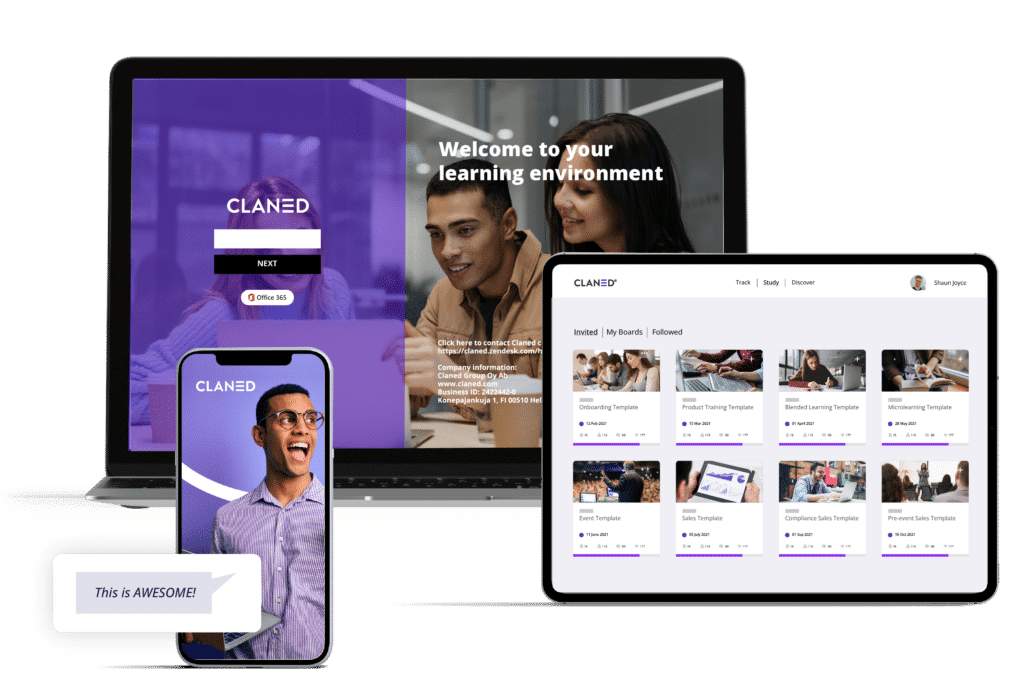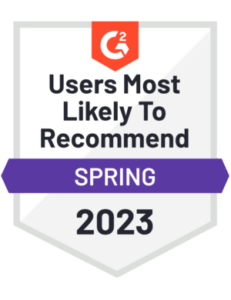In the ever-evolving landscape of education and professional development, the ability to sift through vast amounts of information and distil it into actionable knowledge is more critical than ever. At the heart of this transformation lies a skill often heralded yet not deeply explored: critical thinking.
It’s a term frequently mentioned in academic and professional circles, but what does it truly entail, and more importantly, why is it indispensable in our journey from gathering information to acquiring knowledge?
Critical thinking is not just a supplementary skill; it’s the linchpin that converts raw data and facts into meaningful understanding and insight. It’s the process of actively analyzing, synthesizing, and evaluating information gathered from observation, experience, reflection, or communication.
In an age where information is ubiquitous, the ability to critically examine this information and apply reasoned judgment is what distinguishes mere data holders from true knowledge seekers.
This ability to think critically does not merely enhance knowledge acquisition; it fundamentally reshapes it. Instead of passively receiving information, critical thinkers engage actively with content, questioning assumptions, seeking evidence, and drawing connections. This dynamic interaction with information is what transforms it into knowledge – a process far more profound than simple memorization or passive consumption.
Thus, the main argument of this discussion is clear: critical thinking is not just an adjunct but a central component of effective knowledge acquisition. It’s the bridge between having access to information and being able to understand, interpret, and apply that information effectively in various contexts – a skill crucial not only for academic success but also for navigating the complexities of today’s professional environments.
In the following sections, we will delve deeper into the mechanics of critical thinking, explore its role in the process of learning, and provide practical insights on how to cultivate this essential skill, thus empowering our journey from information-rich environments to knowledge-empowered landscapes.
Understanding Critical Thinking
At its core, critical thinking is a disciplined process of thought that enhances our ability to interpret, analyze, and evaluate information and situations.
It’s a multifaceted skill, encompassing several key elements that are essential in various aspects of life, especially in the realm of knowledge acquisition.
Definition and Key Elements
Critical thinking involves a range of cognitive skills and dispositions.
Here are some of the pivotal elements:
- Analysis: This involves breaking down complex pieces of information or problems into smaller, more manageable parts to understand them better.
- Evaluation: Critical thinkers assess the credibility and logical strength of evidence, arguments, and claims. They discern bias, identify inconsistencies, and evaluate the validity of sources and content.
- Inference: The ability to draw reasoned conclusions from the information at hand is a crucial aspect of critical thinking. It involves seeing beyond the obvious and making connections between seemingly unrelated pieces of information.
- Problem-Solving: This skill is about using critical analysis, creative thinking, and logical reasoning to find solutions to complex problems. It’s about thinking beyond the standard approaches and considering a range of potential solutions.
- Reflection: Critical thinking involves a degree of self-reflection, questioning one’s own assumptions, beliefs, and values, and considering how these might influence one’s interpretations and judgments.
The Relationship Between Critical Thinking and Knowledge Acquisition
The relationship between critical thinking and knowledge acquisition is profound and integral.
Here’s how these skills contribute to effective knowledge acquisition:
- Enhanced Comprehension: By analysing and breaking down information, critical thinkers gain a deeper understanding of the subject matter, moving beyond surface-level comprehension to a more nuanced grasp.
- Effective Application: Evaluation and inference skills allow individuals to apply information in new and diverse contexts. Knowledge isn’t just about storing information; it’s about using it effectively to make decisions, solve problems, and generate new ideas.
- Informed Decision-Making: Through critical evaluation, individuals can make well-informed decisions, discerning the most relevant and accurate information amidst a sea of data.
- Continuous Learning: The reflective aspect of critical thinking fosters a mindset of continuous learning. Critical thinkers are always questioning, always learning, and perpetually refining their understanding of the world around them.
Conclusion
In summary, critical thinking is not just a supplementary skill but a cornerstone in the process of transforming information into meaningful and applicable knowledge.
It is through these critical lenses that we not only view and interpret the world but also contribute to it with informed insights and innovative solutions.







